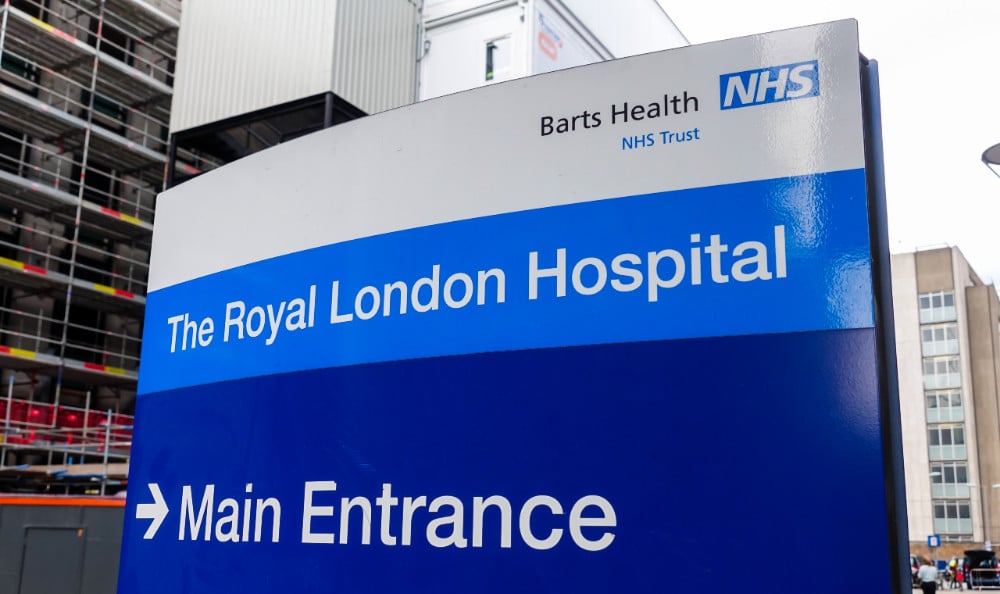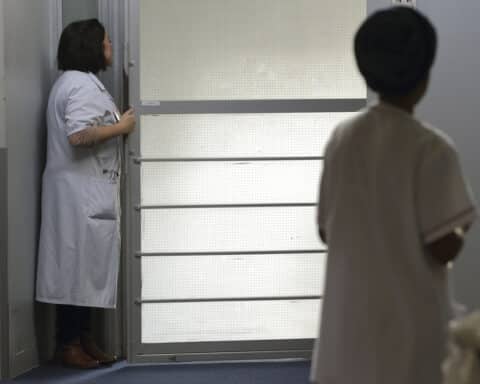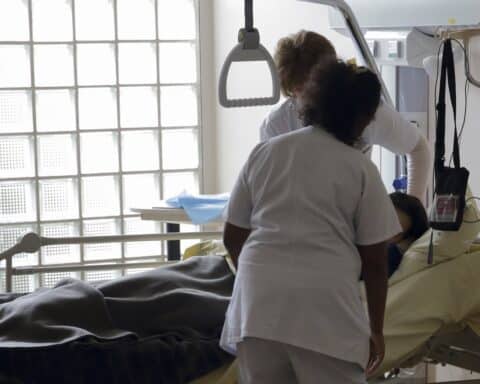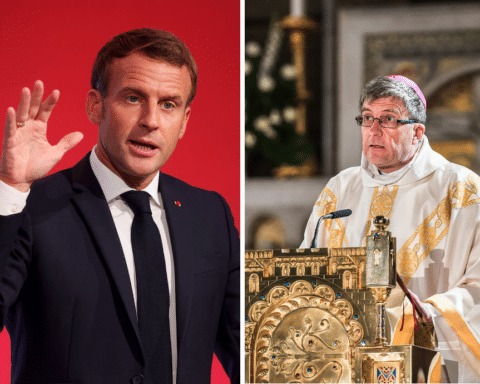Archie Battersbee’s life tragically ended in a London hospital on Saturday, Aug. 6, when the 12-year-old was removed from the critical life support his family legally fought to continue. Archie’s mother, Hollie Dance, told reporters gathered outside the hospital where he died, “I’m the proudest mum in the world.” Dance said through tears, “Such a beautiful little boy, and he fought right until the very end.”
On April 7, Archie was found at the family’s home with a ligature around his neck. He suffered severe injuries, including acute brain damage. After the accident — which his parents believed he suffered as a result of a social media challenge gone wrong — Archie never regained consciousness.
There is no doubt that Archie was being sustained by a ventilator and life-saving medicine. However, after a High Court judge declared in June that Archie be removed from life support, the family won an initial appeal, arguing that there was not enough evidence to demonstrate that Archie was in fact brain dead, as physicians claimed. When asked whether there was sufficient evidence for a reliable diagnosis of death in Archie’s case, one expert witness told the court “absolutely not.”
Ultimately, Lords Hodge, Kitchin and Stephens of the U.K. Supreme Court decided that “even if life-sustaining treatment were to be maintained, Archie would die in the course of the next few weeks through organ failure and then heart failure.” The Anscombe Bioethics Centre, which serves Catholics in the U.K. and Ireland, emphasized the key medical concern in Archie’s case, saying: “It seems extraordinary that questions of life and death should be matters of a balance of probability rather than determination beyond reasonable doubt.” Judges ruled on a “balance of probabilities” that Archie was dead, but being mostly or probably dead is not the same thing as being absolutely dead.
Peter Williams, spokesman for Anscombe, summarized the monthslong legal battle waged by Archie’s parents, saying, “This decision has come after four hearings in the High Court, two in the Appeals Court, two decisions by the Supreme Court, one by the European Court of Human Rights and an intervention by the United Nations Committee on the Rights of Persons with Disabilities.” Through it all, Archie’s mother never lost hope. She told a BBC program in August, “I’m just asking for a realistic time for my child to recover from a brain injury … within two weeks, we were in court because they wanted to turn the [life support] machine off within three weeks.” Dance added, “Let’s not forget, these doctors said Archie wouldn’t last 24 hours. He’s not going backwards … he’s actually progressing.”
Archie’s death was devastating. No parent should have to mourn the loss of a child. And, in part, that’s what’s being denied: the natural course of mourning. Archie’s parents were even denied, ostensibly on the basis of medical reasons, their request in Archie’s last days to transport their son to a hospice facility so that he could experience more peace in his final hours.
But even more fundamentally, it should be the parents — those who have a child’s best interests at heart — who are making medical decisions for the well-being of their child, and no one else. From a Catholic perspective, Archie’s case offered legitimate differences in what a prudent course of action might have been. The Catholic Church teaches, “Discontinuing medical procedures that are burdensome, dangerous, extraordinary, or disproportionate to the expected outcome can be legitimate” (Catechism of the Catholic Church, No. 2278). A ventilator and other aspects of Archie’s treatment constitute extraordinary and burdensome care, which could be justly and, morally, could be discontinued. At the same time, a patient may well choose to continue to pursue an extraordinary and burdensome treatment. And in the case of a minor, those making that decision on the minor’s behalf should be his or her parents. For the state to intervene and dictate Archie’s medical care directly against the wishes of his parents constitutes an egregious violation of his parents’ natural rights.
Archie’s parents weren’t fighting for something immoral. Rather, they were fighting for Archie’s right to have every available medical means of treatment until he recovered or succumbed to death. His mother framed the situation succinctly, saying, “I’m going to continue to keep fighting for Archie until Archie decides or God decides the time’s right for Archie to leave this world.” Archie’s traumatic story follows that of Charlie Gard, Alfie Evans and other children whose lives were ended by the determination of U.K. courts.
Archie Battersbee’s death is precisely the situation opponents of euthanasia warn against: legal and medical teams determining when patients die, against their wishes or the wishes of their families. After Archie’s death, his parents said in a statement provided by the Christian Legal Centre that they “have been forced to fight a relentless legal battle by the Hospital Trust while faced with an unimaginable tragedy.” They added, “No parent or family must go through this again.” May it be so.
Our Sunday Visitor Editorial Board: Gretchen R. Crowe, Scott P. Richert, Scott Warden, York Young





